Hybrid Cars in India - The Future of Sustainable Transportation
Hybrid cars in India are becoming increasingly popular due to
their fuel efficiency and environmentally friendly features. This article
explores the current state of the hybrid car market in India and its future
prospects.
Introduction
As the world is grappling with the climate crisis, the need
for sustainable and eco-friendly transportation has become more pressing.
Hybrid cars, which combine a gasoline engine with an electric motor, have
emerged as a popular choice for environmentally conscious consumers. In India,
where air pollution and fuel inefficiency are major concerns, hybrid cars are
gaining traction. This article will explore the current state of hybrid cars in
India, their benefits, and the challenges they face.
Benefits of Hybrid Cars in India
Hybrid cars offer several benefits for consumers in India,
including:
·
Fuel Efficiency: Hybrid cars are more fuel-efficient than conventional gasoline-powered
cars. They use both gasoline and electricity to power the vehicle, which reduces
the amount of gasoline needed.
·
Environmentally Friendly: Hybrid cars produce fewer emissions than conventional
gasoline-powered cars, making them an eco-friendly choice. This is particularly
important in India, where air pollution is a major problem.
·
Tax Benefits:
The Indian government offers tax incentives to encourage the adoption of hybrid
cars. This makes them more affordable for consumers.
·
Low Running Costs: Hybrid cars have lower running costs than conventional cars. They
require less maintenance and have longer lifespans.
Current State of Hybrid Cars in India
The Indian hybrid car market is still in its infancy, but it
is growing rapidly. Some of the most popular hybrid cars in India include:
·
Toyota Prius:
The Toyota Prius is one of the most popular hybrid cars in India. It is known
for its fuel efficiency and eco-friendliness.
·
Honda Accord Hybrid: The Honda Accord Hybrid is another popular hybrid car in India. It
offers spacious interior and luxurious features.
·
Lexus ES 300h: The
Lexus ES 300h is a high-end hybrid car that offers a luxurious driving
experience.
Challenges Facing Hybrid Cars in India
Despite their many benefits, hybrid cars in India still face
some challenges, including:
·
High Cost:
Hybrid cars are generally more expensive than conventional gasoline-powered
cars. This makes them less accessible to many Indian consumers.
·
Lack of Infrastructure: India lacks the infrastructure necessary to support the
widespread adoption of hybrid cars. This includes charging stations and
maintenance facilities.
·
Limited Options: The Indian hybrid car market is still relatively small, which limits the
options available to consumers.
FAQs:
Q.
Are hybrid cars more expensive to maintain?
A. Hybrid cars require less maintenance than conventional gasoline-powered
cars. However, when they do require maintenance, it can be more expensive.
Q. Can hybrid cars run on electricity alone?
A.
Some hybrid cars can run on electricity alone for short distances. However,
most hybrid cars require a combination of gasoline and electricity to power the
vehicle.
Q. Are there tax incentives for buying hybrid cars in India?
A.
Yes, the Indian government offers tax incentives to encourage the adoption
of hybrid cars.
Conclusion
Hybrid cars are a promising solution to the environmental and
fuel efficiency challenges facing India. While the Indian hybrid car market is
still in its early stages, it is growing rapidly. As more consumers adopt
hybrid cars, the infrastructure and options available will likely improve,
making them an even more attractive choice for eco-conscious consumers.

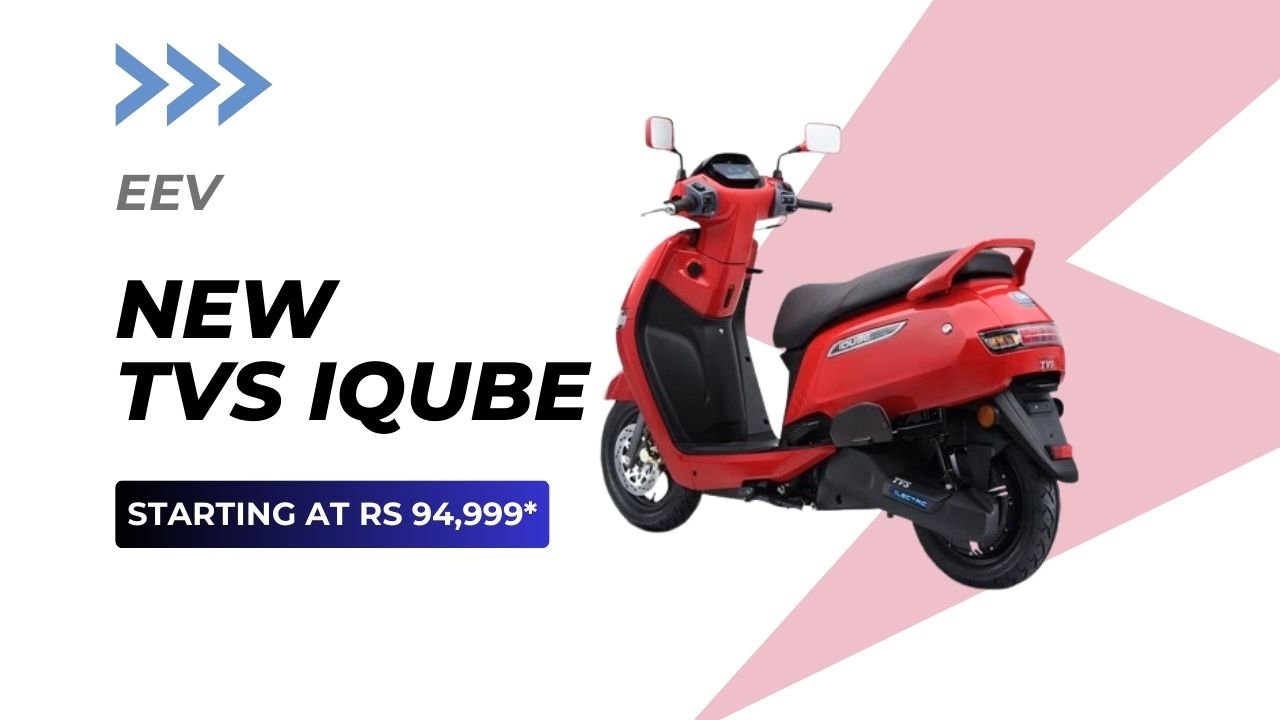
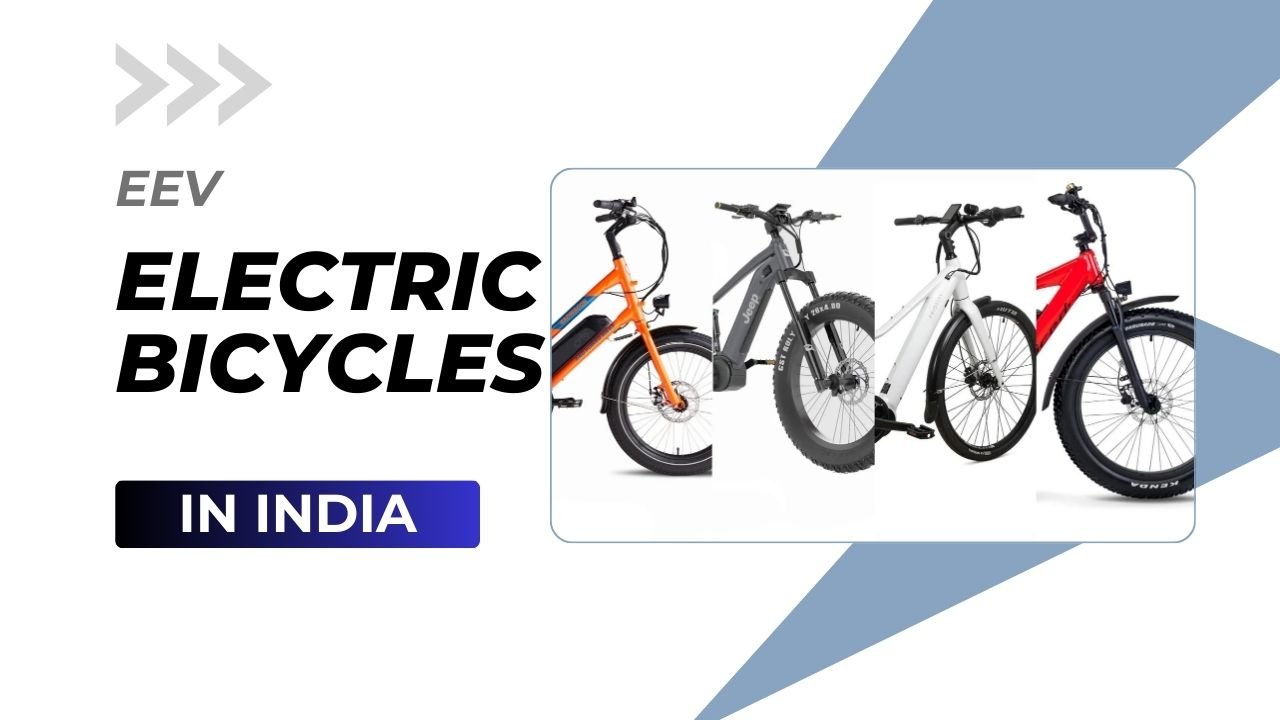
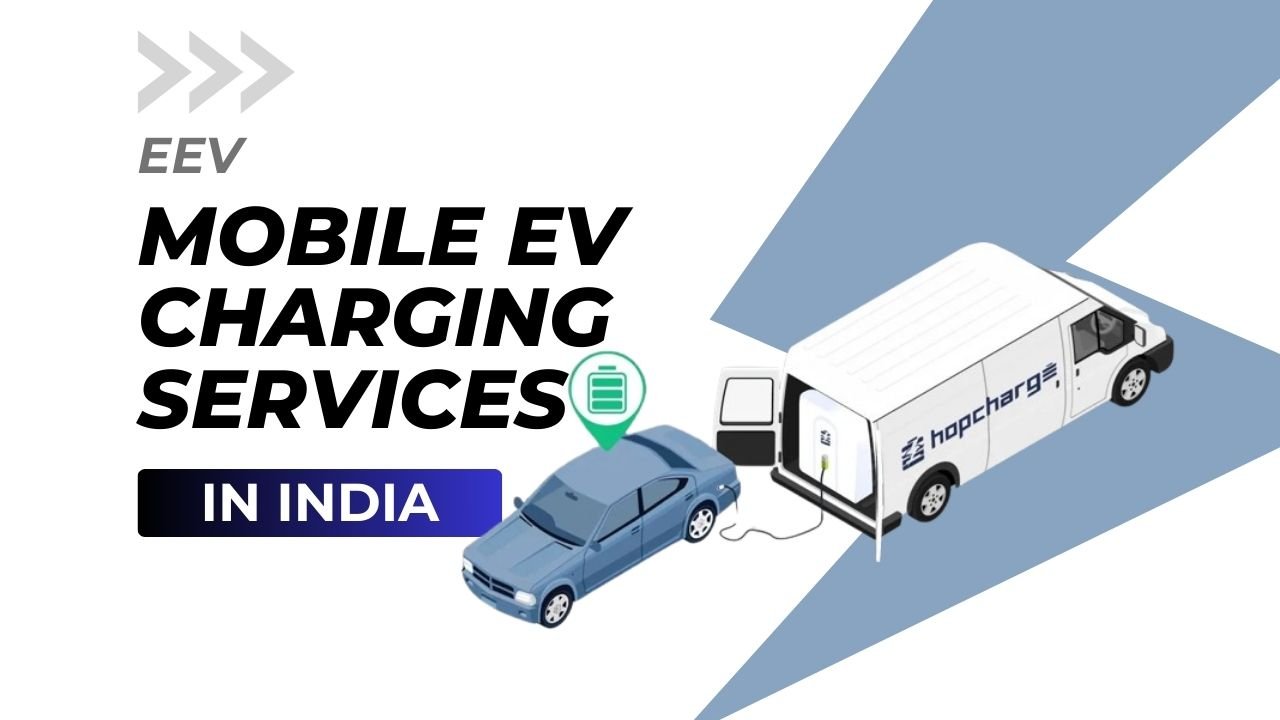
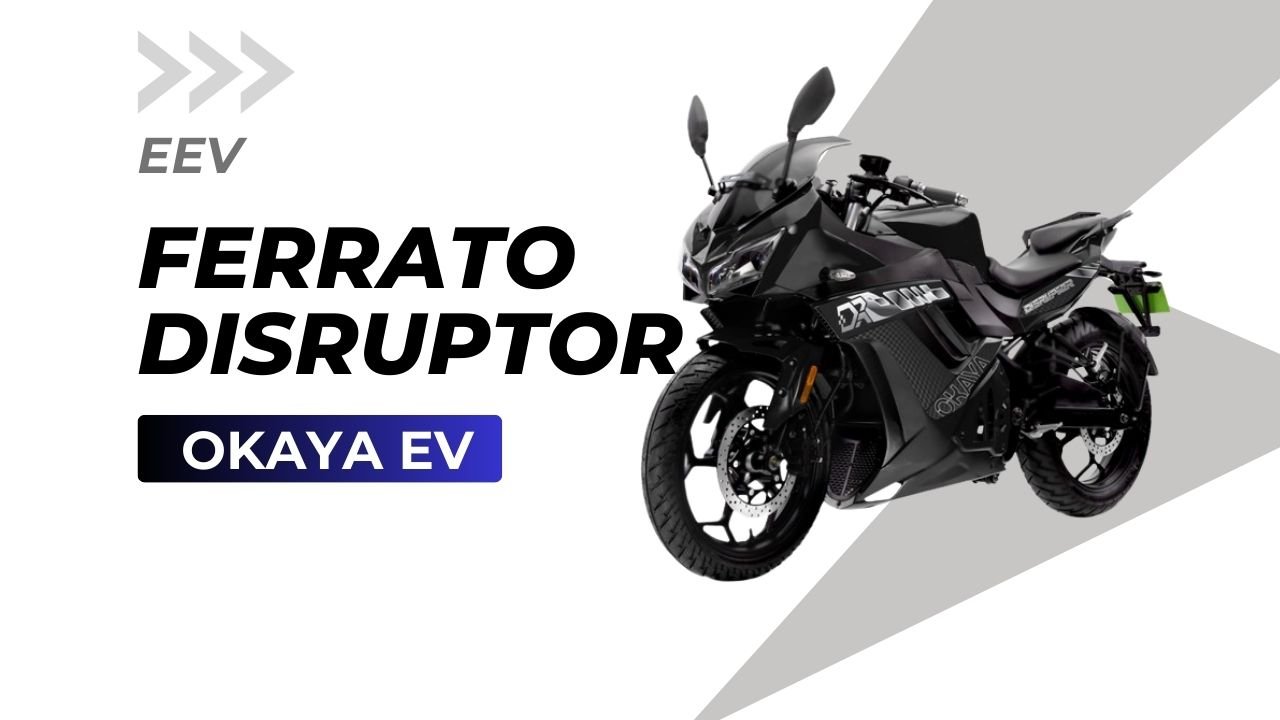

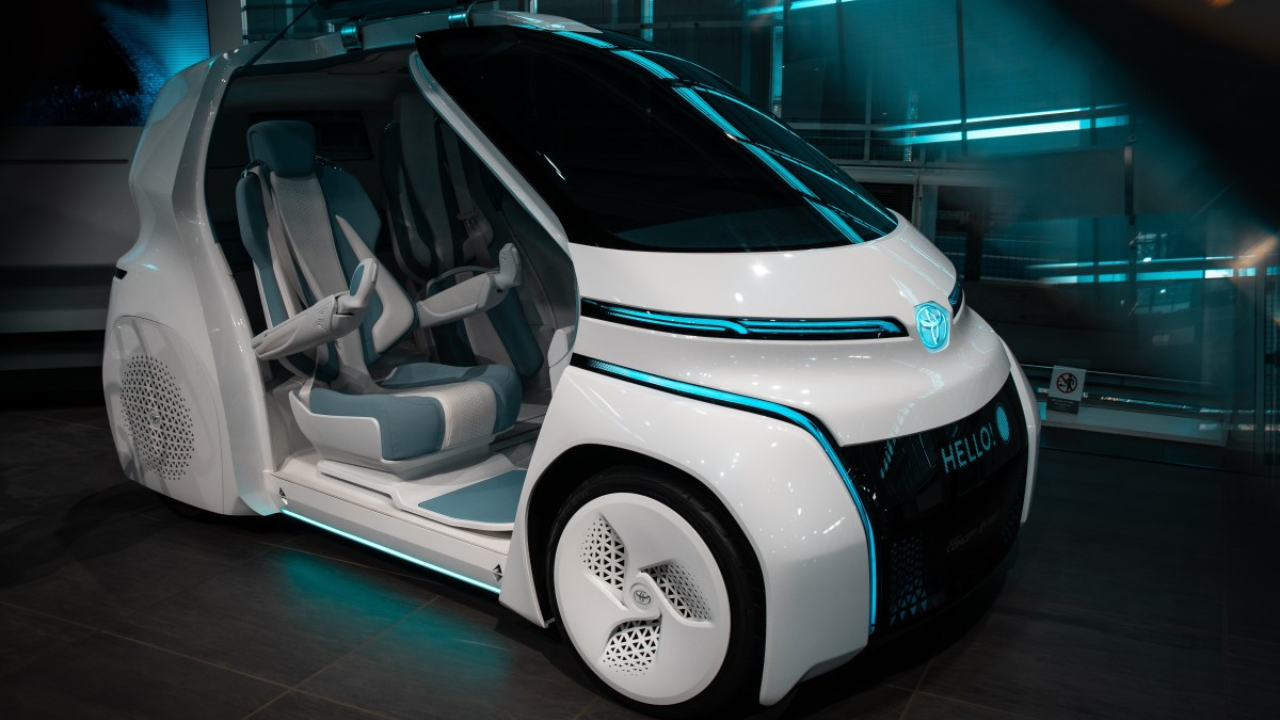
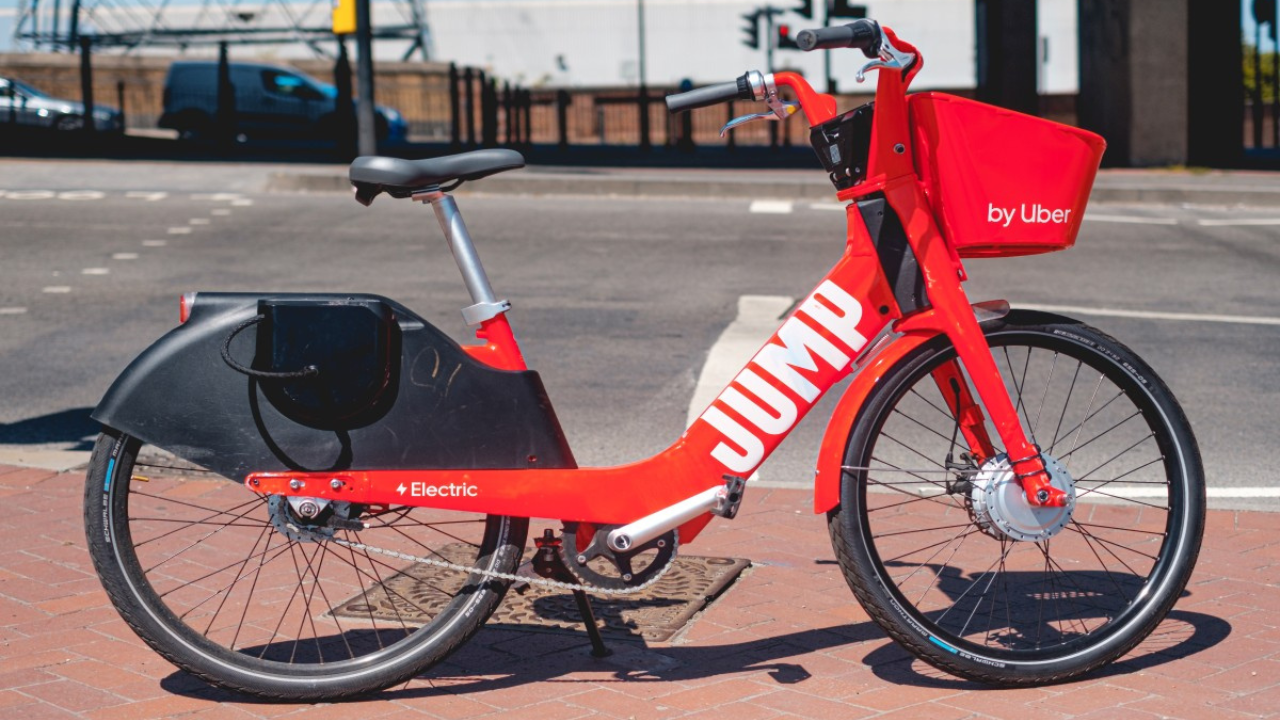
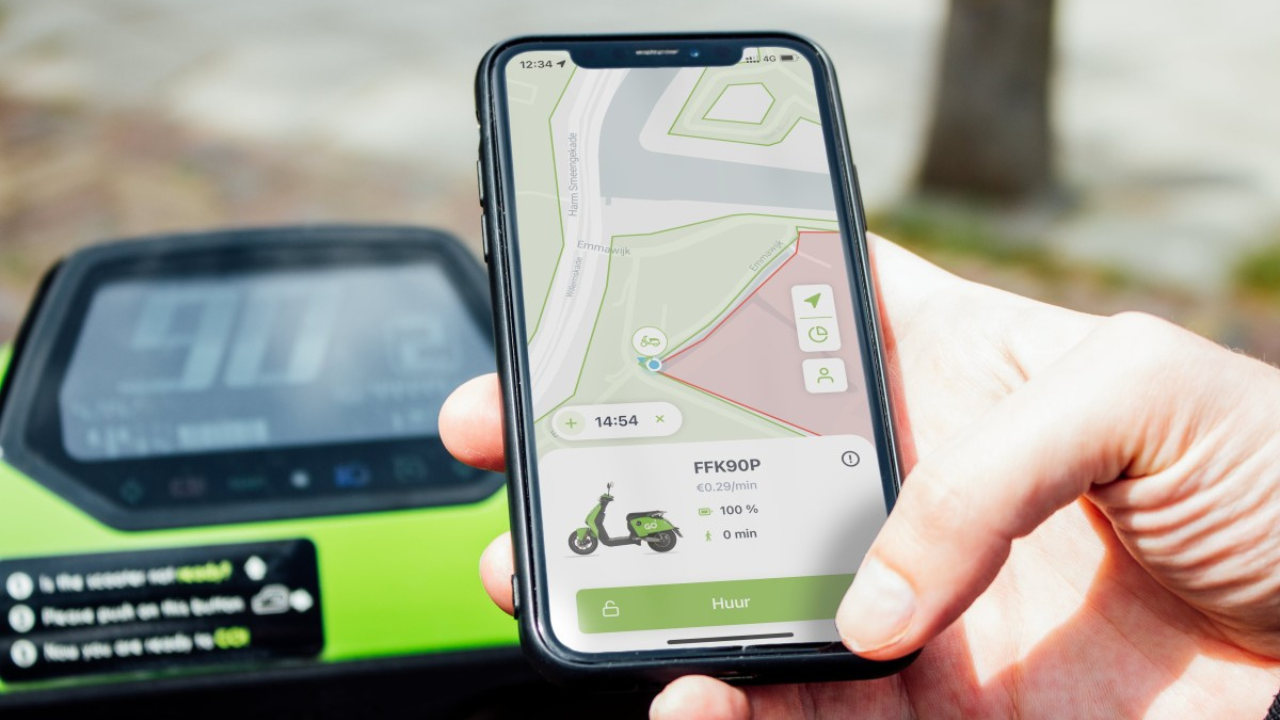
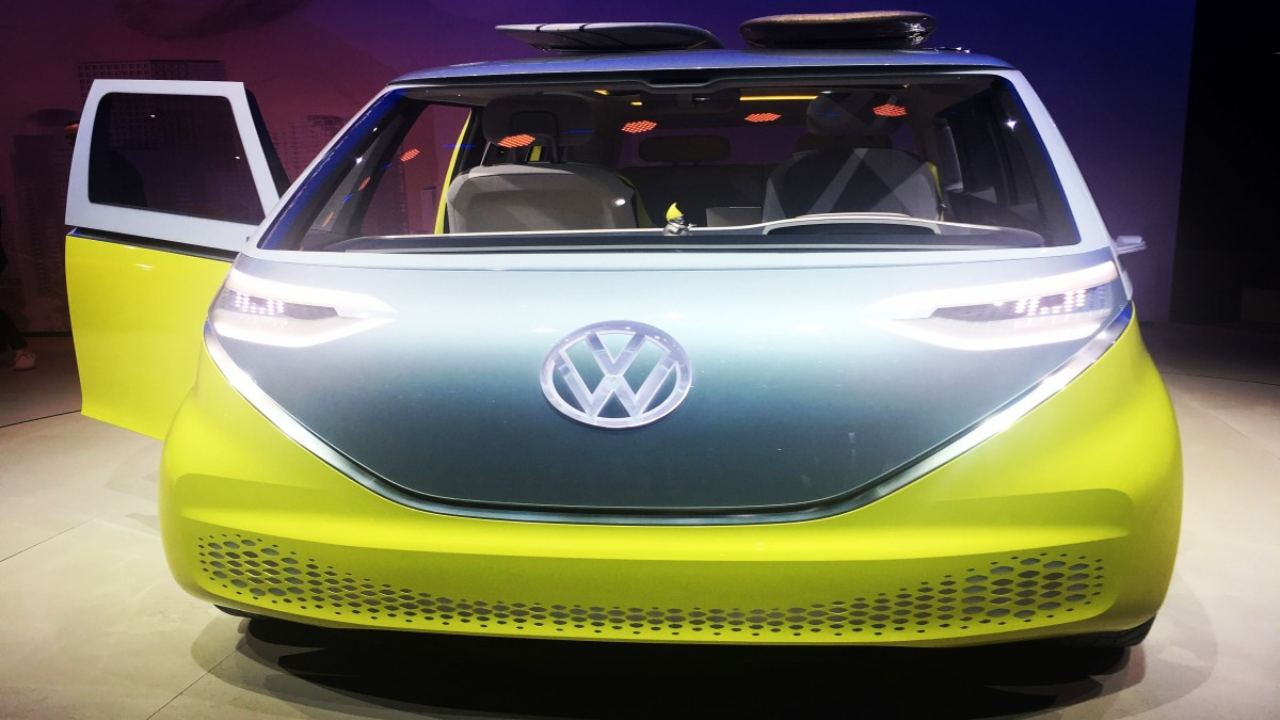
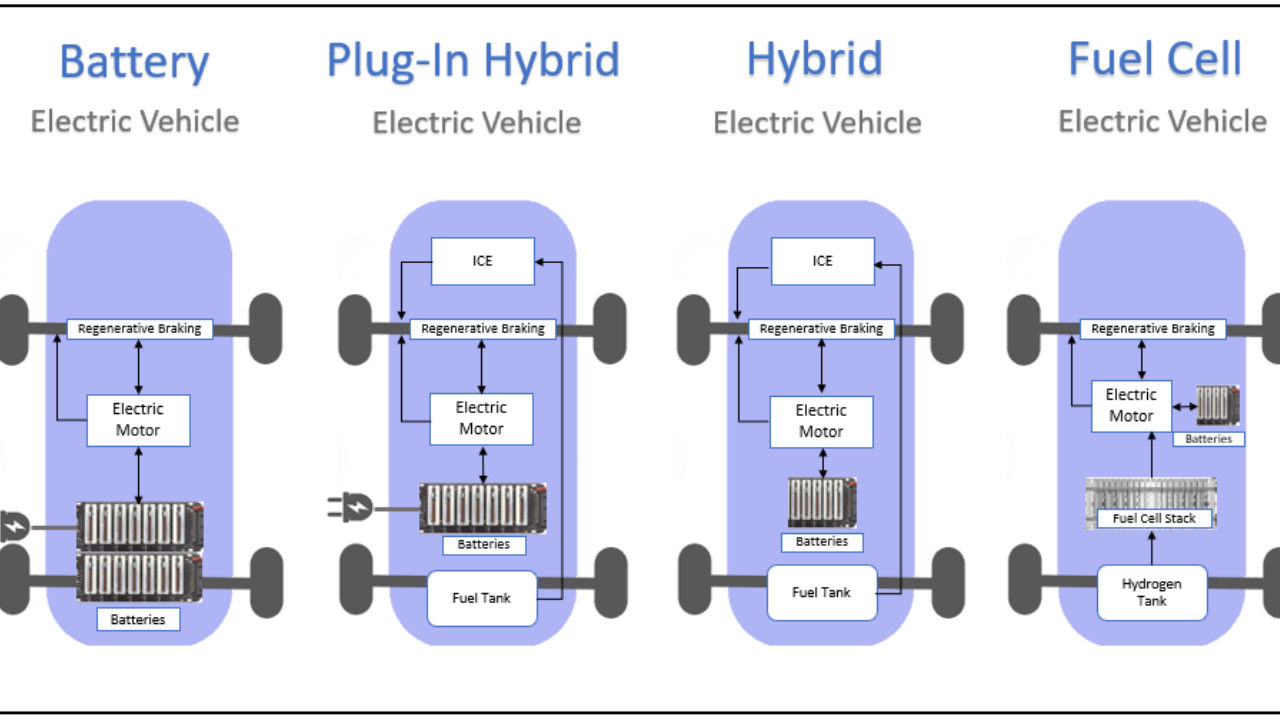
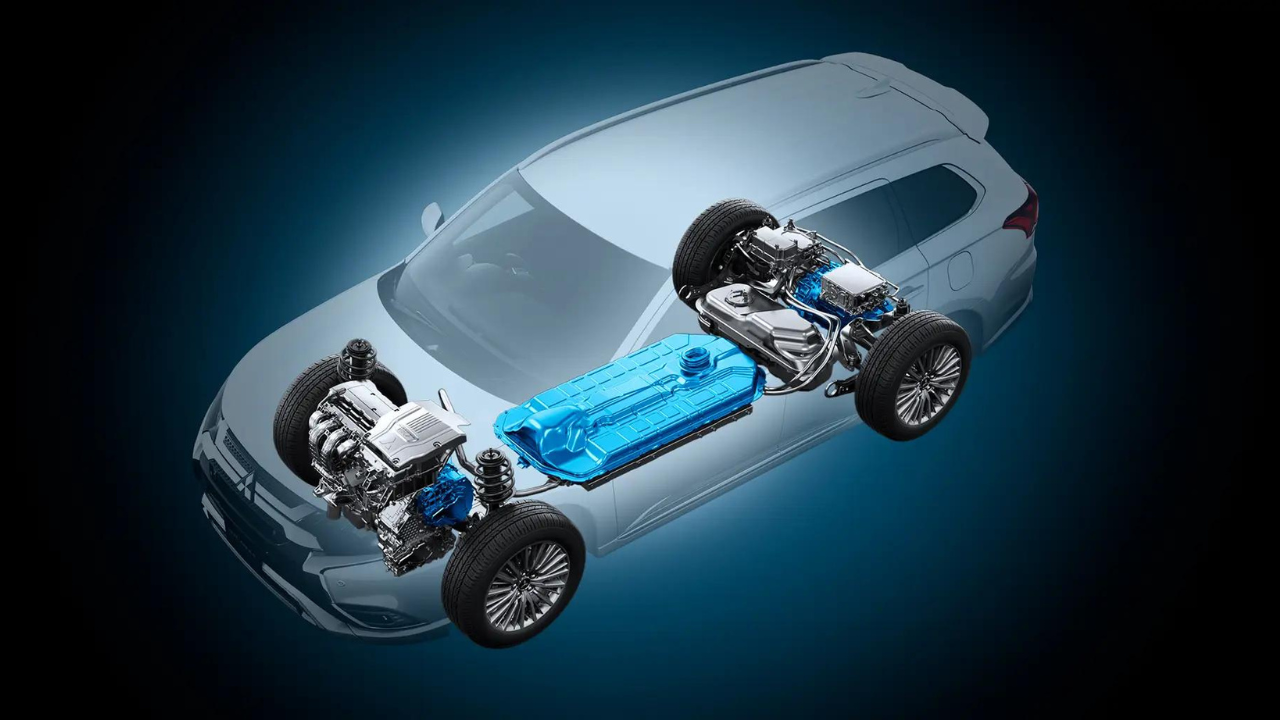
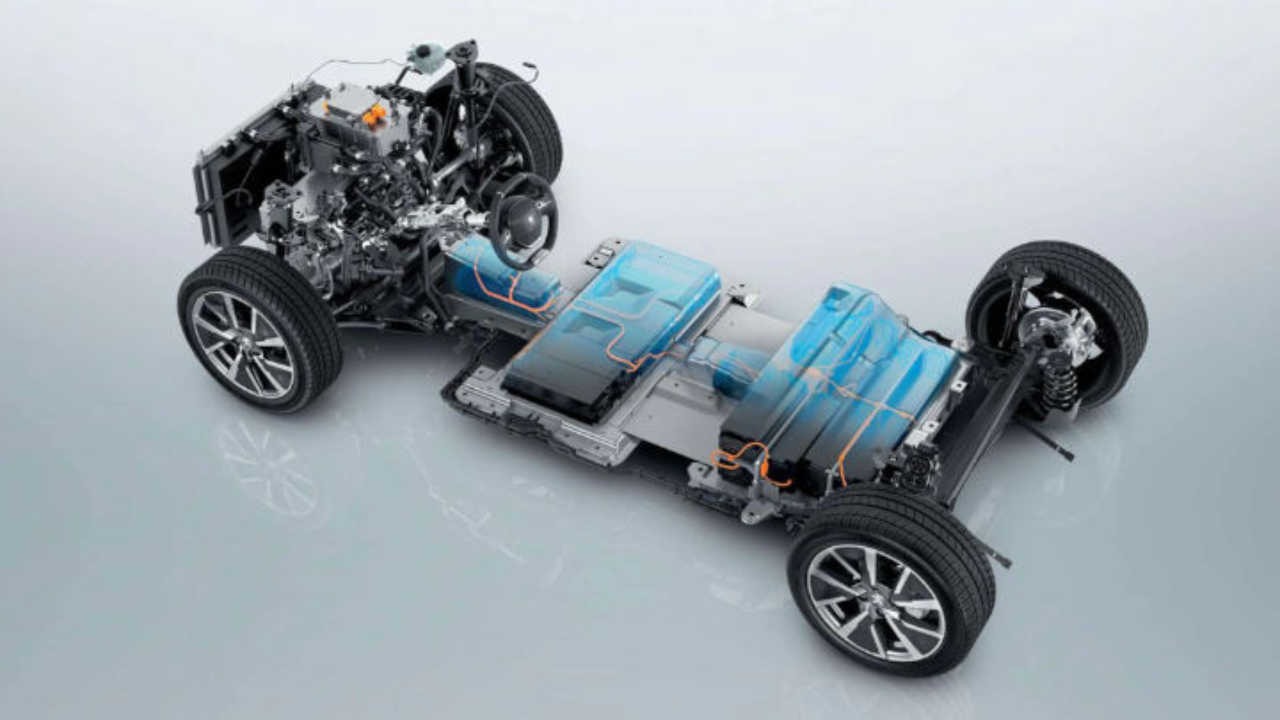
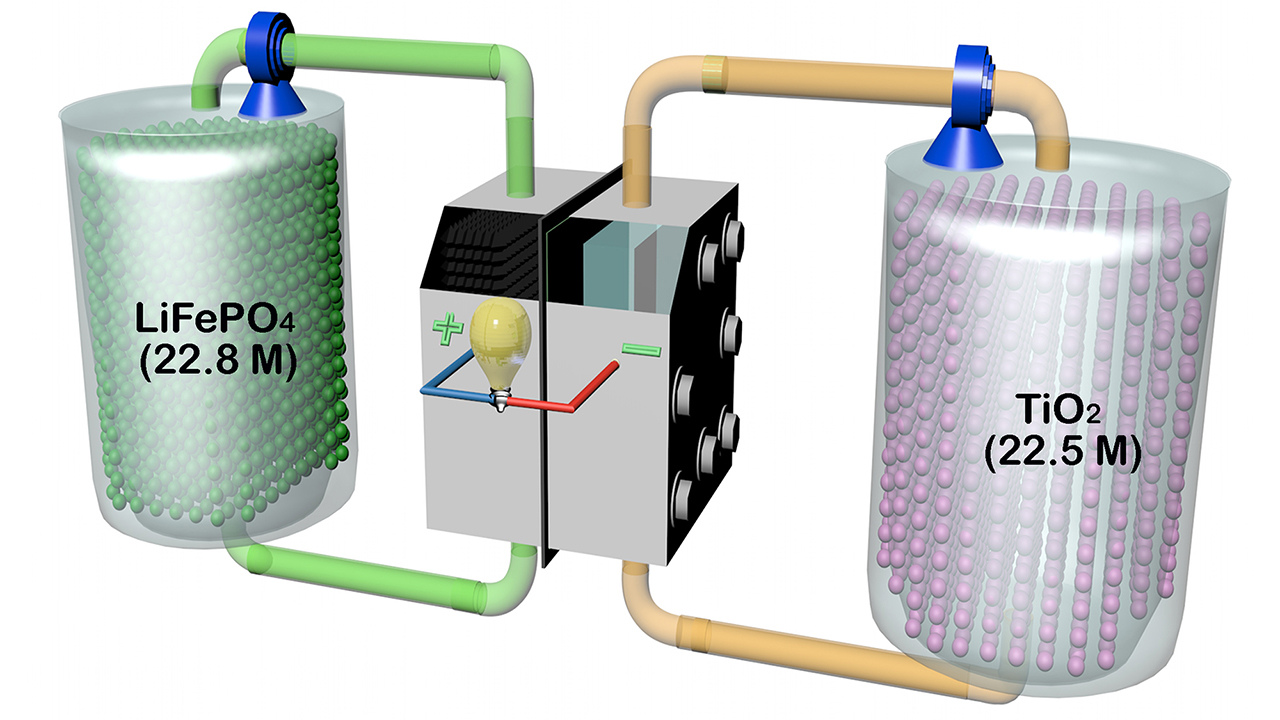
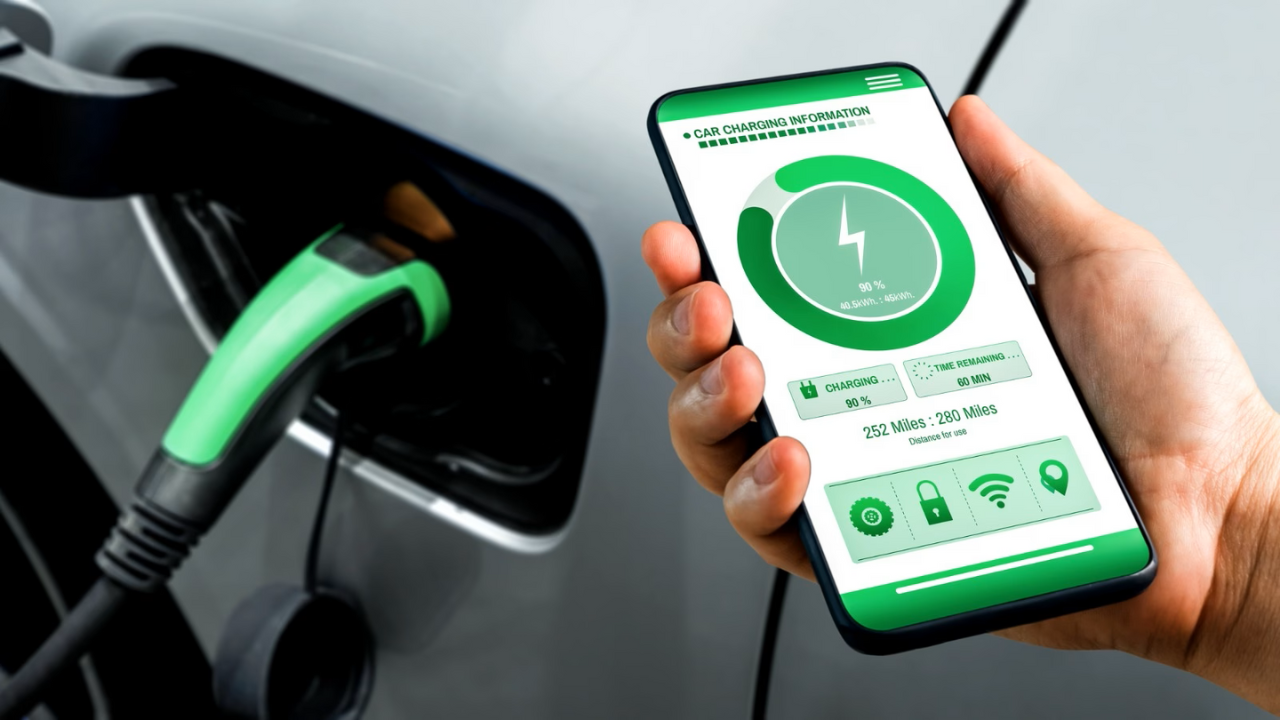
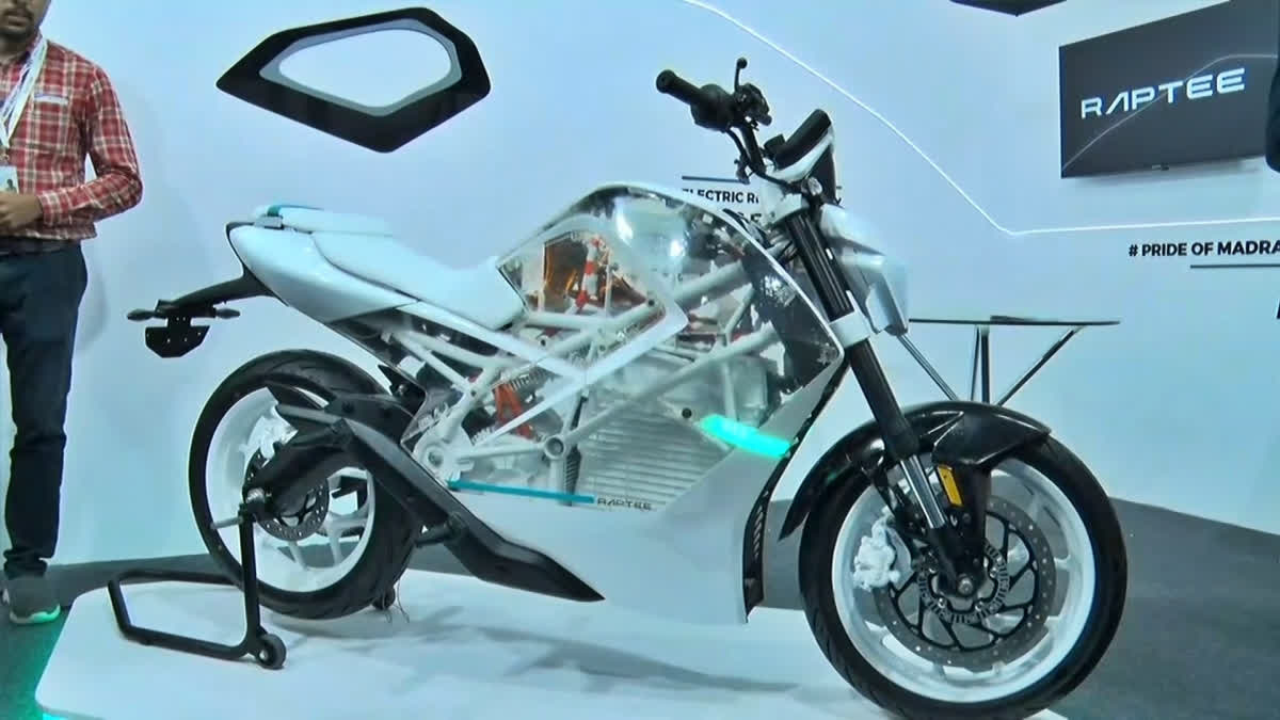
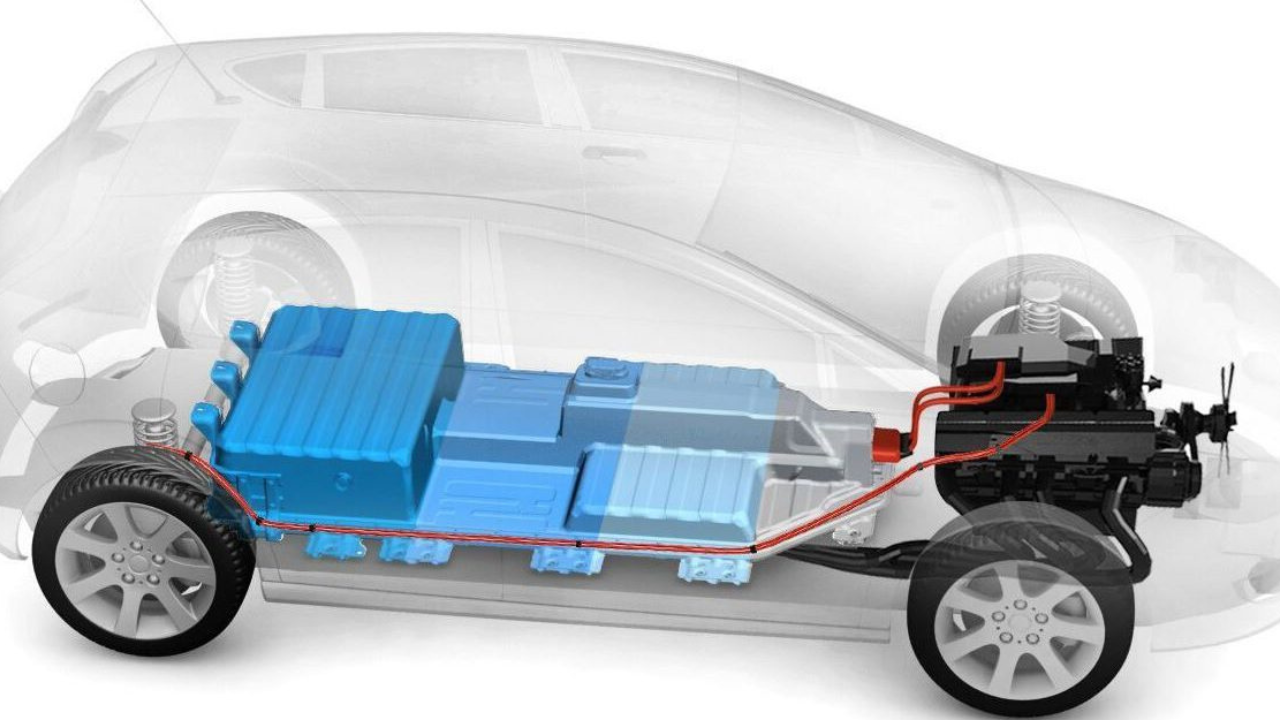
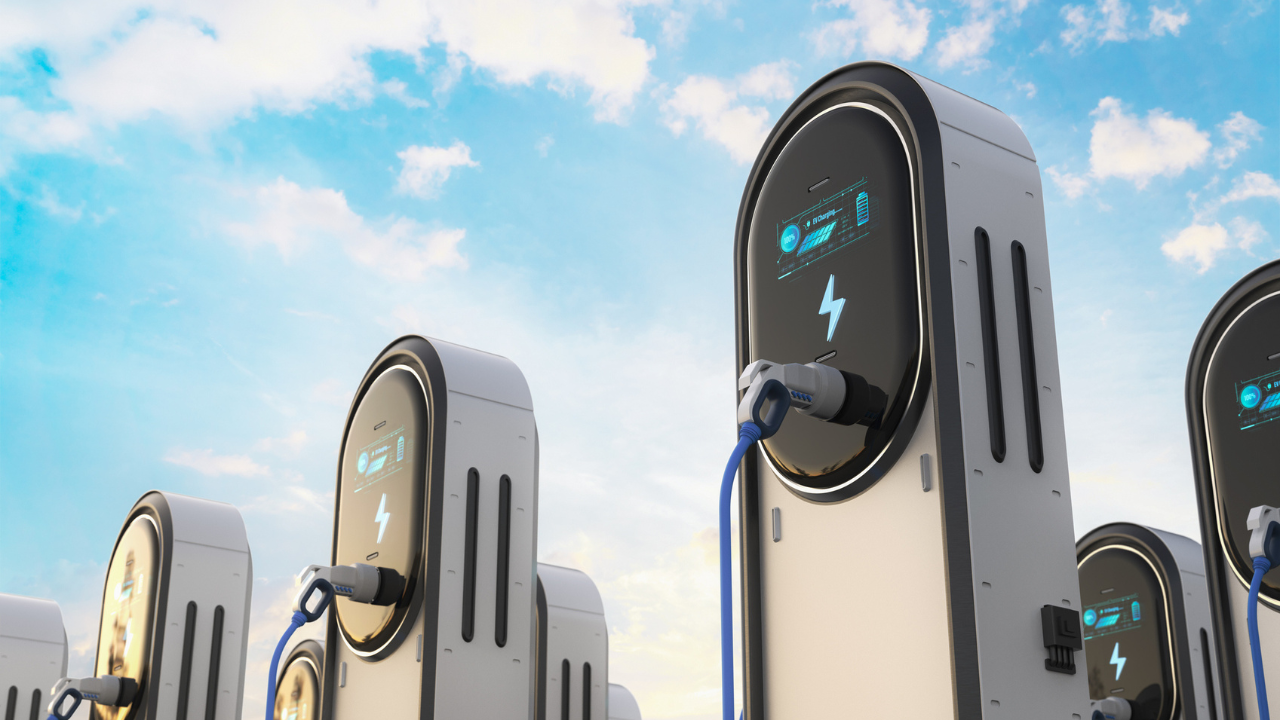
Leave a Comment